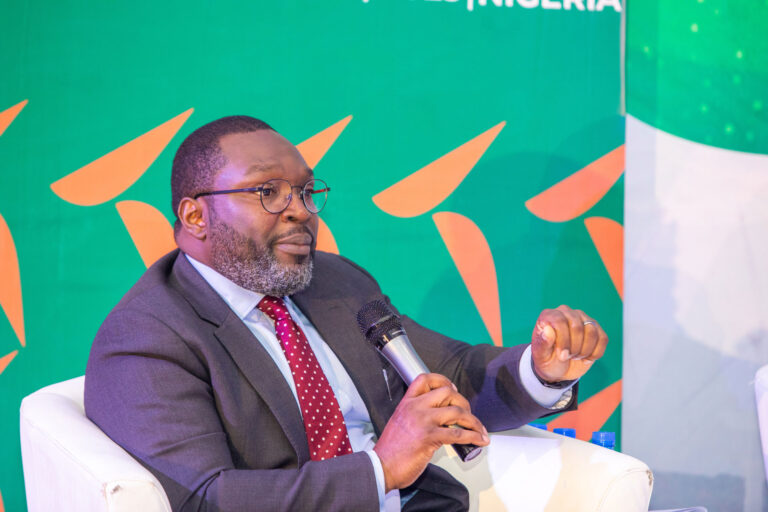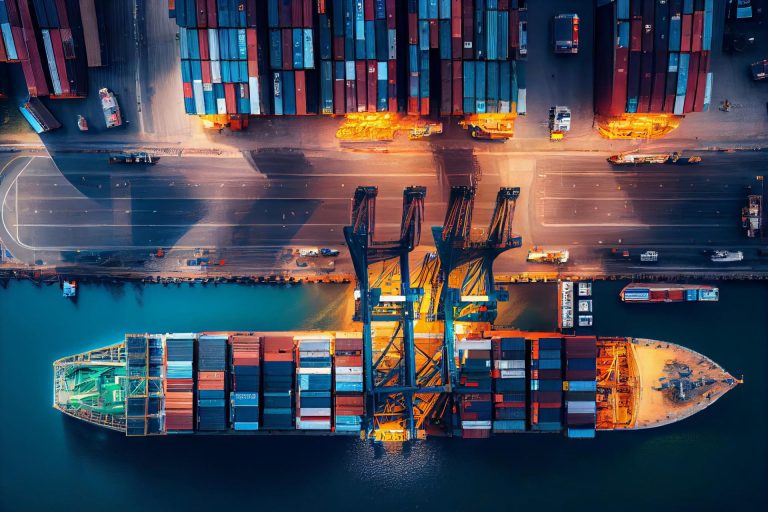Unlocking market access in Africa through linkages with local firms is a strategic approach that can lead to significant business opportunities and growth for foreign investors and local businesses. Africa’s vast and diverse markets offer immense potential, but navigating the complexities and unique challenges of the continent requires a collaborative and inclusive approach.
For local firms, linkages with foreign investors bring access to new technologies, expertise, and capital that can accelerate their growth and competitiveness. Joint ventures and collaborations enable local businesses to expand their product offerings, enhance operational efficiency, and enter international markets through the global networks of their foreign partners.
By embracing the power of linkages with local firms, foreign investors can unlock the immense potential of Africa’s markets while contributing to the sustainable development and economic empowerment of local communities. Together, these partnerships pave the way for a more prosperous and interconnected future for businesses and societies across the African continent.
Foreign Direct Investment (FDI) can be achieved through either inorganic or organic means. Inorganic FDI involves acquiring a company in the target country, while organic FDI entails expanding existing business operations. For instance, in Nigeria, Ecobank Transnational Incorporated (ETI) pursued inorganic FDI by acquiring Oceanic Bank, enabling ETI to strengthen its presence and operations in Nigeria. Conversely, Nestle, a multinational food and beverage company, exemplifies organic FDI in Nigeria. Nestle invested in its Nigerian subsidiary, fostering its growth within the Nigerian food and beverage sector. This strategic investment has led to increased market share, solidifying Nestle’s position as a prominent player in the region. Likewise, Volkswagen AG, a distinguished German automotive manufacturing company. Recognizing the immense potential of the African market, Volkswagen AG strategically invested in South Africa. The decision was driven by the country’s advanced infrastructure and highly skilled workforce, presenting an opportunity for Volkswagen AG to expand its operations and thrive in the region.
FDI as an Engine for Economic Growth
Foreign Direct Investment (FDI) is an essential driver of economic growth as it brings capital, technology, skills, and market access to the host country. Additionally, FDI has the potential to boost domestic investment, generate employment, improve productivity and competitiveness, and encourage innovation and entrepreneurship. Through linkages with local suppliers, customers, and competitors, FDI can further contribute to positive spillover effects on the local economy.
As of June 9th, 2022, the UNCTAD’s World Investment Report revealed a noteworthy achievement in foreign direct investment (FDI) in African countries. In 2021, the FDI reached an all-time high of $83 billion, signifying a remarkable surge compared to the previous year, 2020, which was severely affected by the COVID-19 pandemic, leading to reduced investment inflows to the continent.
During 2021, several African countries witnessed a noteworthy rise in FDI, but a significant portion, around 45%, was primarily due to an intrafirm financial transaction taking place in South Africa. While this growth underscores Africa’s appeal as an investment destination, it’s essential to recognize that the continent’s share in global FDI remains relatively modest, standing at 5.2% in 2021, a slight increase from 4.1% in 2020.
The Organisation for Economic Co-operation and Development (OECD) has also shown that FDI can also help unlock market access by providing access to new technologies, management practices, and business networks. FDI is however important and serves as a tool for economic development and promotes international cooperation and partnership.
However, the challenges of accessing new markets for FDI should not be overlooked, as complex regulatory and legal frameworks in different countries can pose significant obstacles. For instance, foreign telecommunications companies in certain African nations face difficulties in gaining market access due to factors like infrastructure limitations, regulatory barriers, and the dominance of state-owned or established local companies. These issues with market access can impede the entry and expansion of foreign investments, limiting competition and potentially hampering development and growth.
Key Insight on How Linkages with Local Firms Can Unlock Market Access for FDI
Leveraging linkages with local firms presents a viable approach to surmounting the challenges mentioned earlier. These relationships are built on partnerships between companies from different countries that can help companies navigate their presence in a foreign market. Nigeria, with its population exceeding 200 million and a 2022 GDP of USD 453.7 billion, presents a significant opportunity for unlocking a substantial foreign investment market in Africa and beyond.
Below, we briefly outline a few mechanisms through which international relationships can facilitate market access for FDI in Africa. These mechanisms include:
- Bilateral and Multilateral Trade Relations: Government negotiates and establishes trade agreements with other countries to reduce barriers to market access. For instance, Nigeria-China relations have recorded significant success. Looking at 2016-2021 this bilateral trade between Nigeria and China increased by nearly 142%. As a result, Nigeria has become China’s third-largest trading partner in Africa, establishing China as Nigeria’s primary source of imports. This positive trade balance between the two countries has strengthened their international relationship and boosted foreign investment from China. In 2021, Nigeria records an inflow of $201.7 million worth of direct investment from China.
- Leveraging Capacity-Building Programs and Knowledge-Sharing Platforms: Governments can collaborate with international agencies to design and implement capacity-building programs tailored to the needs of potential investors. An example of this is the United Kingdom Nigeria Infrastructure Advisory Facility (UKNIAF), a four-year technical assistance program aimed at enhancing Nigeria’s ability to plan, finance, deliver, and maintain climate-smart infrastructure. Through UKNIAF, the Federal Government received technical assistance to secure $540 million for critical enabling works in developing eight Special Agricultural Processing Zones (SAPZ) across Nigeria. This collaboration has fostered a closer relationship between the governments and has the potential to instill confidence in UK investors to expand their business operations in Nigeria.
- Investment Promotion Agencies: Government can utilize specialized promotion agencies, such as the Nigerian Investment Promotion Commission (NIPC), to facilitate investor engagement by supporting foreign investors in investment procedures, regulatory compliance, and navigating the local business environment. The NIPC, established through the Nigerian Investment Promotion (NIPC) Act, serves as a central point of contact for all types of investments in Nigeria, promoting and coordinating investments in various sectors. The commission actively encourages both domestic and foreign investors to seize the investment opportunities available in Nigeria.
- Deepening Engagement with International or Regional Agencies: Governments can deepen their relationship and engagement with international or regional agencies like the African Union (AU) to unlock market access for foreign investment. This includes active participation in relevant initiatives, conferences, and forums focused on investment and economic development. This provides an opportunity to governments can showcase investment opportunities, sector-specific advantages, and regulatory reforms to potential investors through targeted marketing and outreach initiatives. For instance, Nigeria’s President Bola Ahmed Tinubu’s recent participation in the New Global Financing Pact in France, alongside engaging in business delegations and trade missions can promote trust, and cooperation, and put the country in the spotlight as a premier investment destination.







